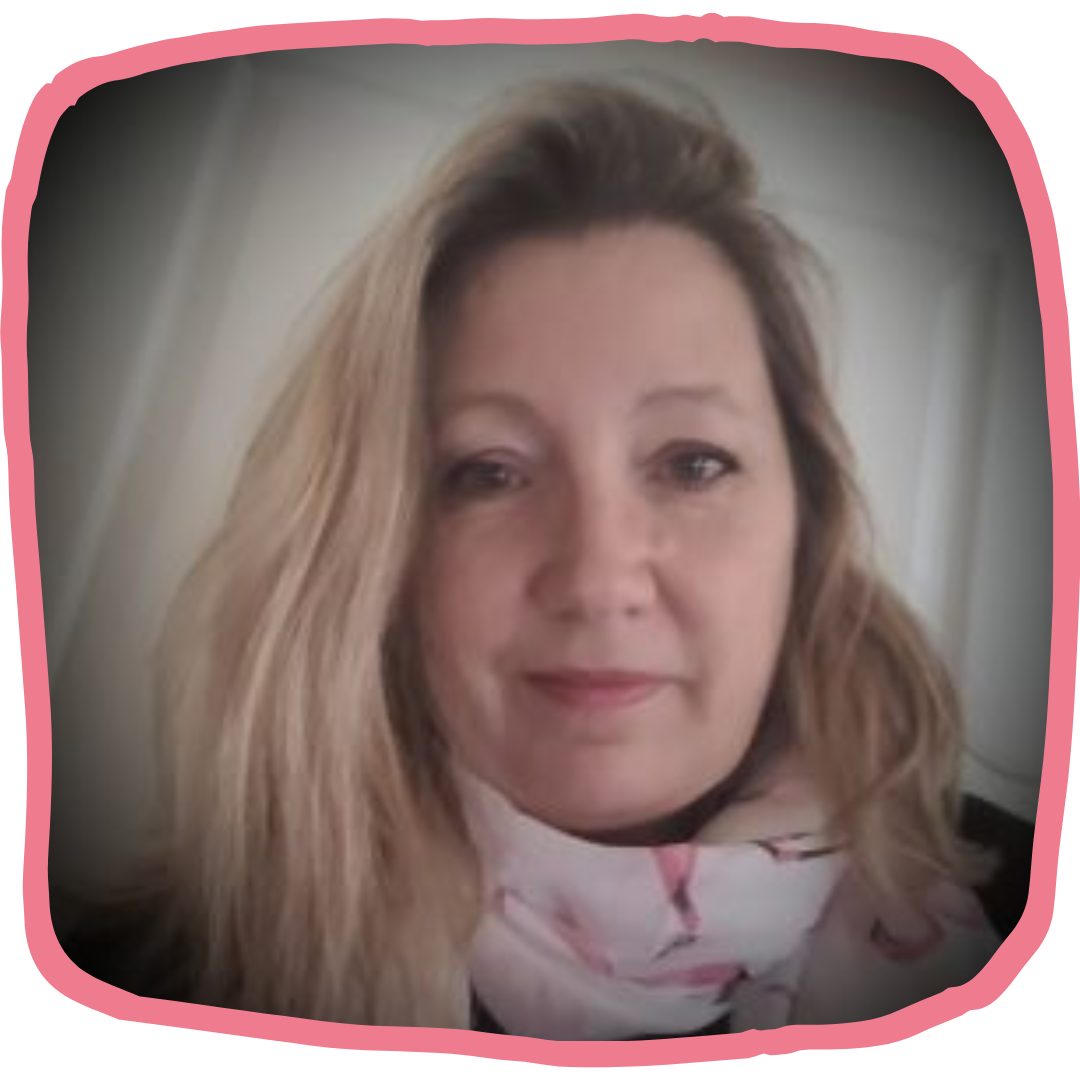
I was diagnosed with colorectal cancer in March 2017 and 6 weeks of radiotherapy started in May of that year. I was also given oral chemotherapy, but, unfortunately, after taking two tablets, (on the Monday), I ended up in hospital on Thursday and stayed for a week with a heart issue; because of that they stopped that treatment. Then I had surgery – a stoma (Sept. 2017) and a lower-anterior resection – and then I had what they call the “clean-up chemo” (Oct. 2017), which was IV chemo for about 2.5/3 months.
I was given the all-clear in 2018 from the colorectal cancer, but two weeks after that I was rushed into hospital with severe kidney pain, due to a blockage. The consultants then told me that I now had a life-long issue, because the radiotherapy had caused scar tissue in the ureter, between the kidney and the bladder.
Obviously, when I was given the all-clear, it was like, ‘Yay! We’re going to finish this now and that will be it!’ It was an incredible feeling, and I was elated, but hearing the consultant say that the radiotherapy had caused the blockage really set me back.
PRD has such a varied number of symptoms; I’ve also had a kidney removed because of it. Generally, it’s quite difficult; you can be on the toilet all day, or you can be in agony, because you’re not going for four or five days.
Some days I feel shaky, not myself – and nauseous. I also get backache a lot. The radiotherapy fused some of my insides together, which is another issue that came to light when my kidney was removed.
The biggest impact that PRD has had on me is the shock of being taken into hospital after being given the all-clear. When you realise that the radiotherapy has caused such serious issues, your mental health just plummets, because it’s so unexpected.
Every day is slightly different. You can’t be too far from the toilet. Everything must be planned – I don’t arrange to do things with people, unless they’re okay with me cancelling at short notice. I suffer with headaches too – and a whole host of things that mean I’m essentially housebound. We don’t go very far from home now.
I’ve had to accept that this is my “new normal”, this is me for life now.
PRD is worse than the cancer, and I was totally unprepared for it. It’s such a rollercoaster; just so unexpected. People do need to be aware, that, if there are issues, you can get help.
Knowing what I know now, I’d still have had the cancer treatment. The consequences of not having it don’t bear thinking about. I’m here. Life is very different, but I look for – and find – positives every day. I’m here for my children – I’m not the most active kind of mum that I wanted to be, but we get by, and they know they’re loved. They wouldn’t have a mum if it wasn’t for radiotherapy.
I contacted Maggie’s on Facebook and said, ‘I haven’t got cancer now – can you still help me?’ They said, ‘yes’. I decided then that I needed to adopt a more positive outlook. Waking up in the morning is a positive. You have to start with one positive thing a day and work from there. Once you start finding one positive, you can find more.
Finding PRDA made me feel so relieved. It was like when I discovered Maggie’s. Suddenly, you’ve got a great big hug! It’s not just you, there are other people like you. There’s a group of people who know exactly what I’m going through. The PRDA want to help others; they want to educate health professionals.
My big message to other people who might be experiencing late effects symptoms – whether they have a PRD diagnosis or not – is that you are not alone. There are others out there. It’s about letting people know there is support, but we need to understand what’s wrong, too. Which is why PRDA exists. Please do get in touch.
Speaking with people who know exactly what you’re going through is just so important. There is a place that you can go for help, and that’s PRDA.
modified: 17th April 2024
